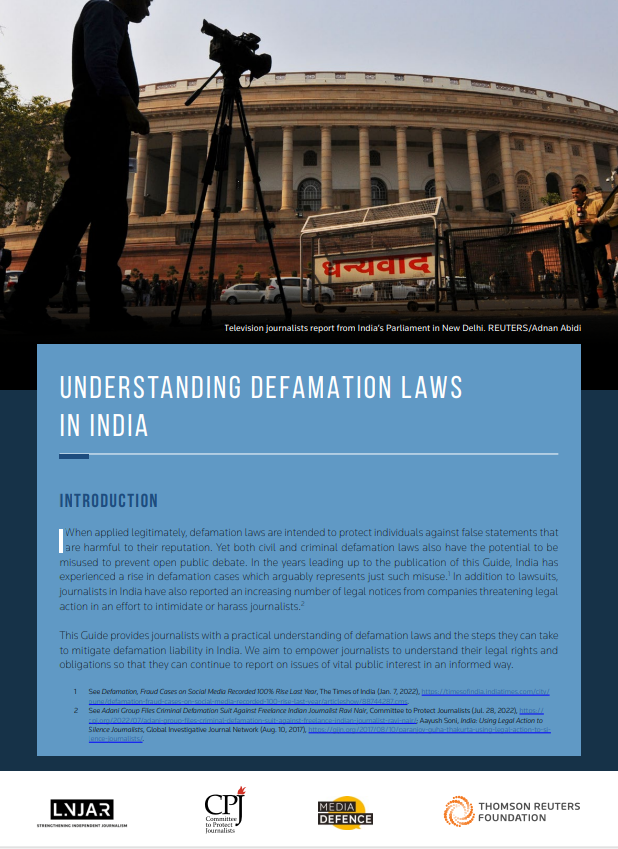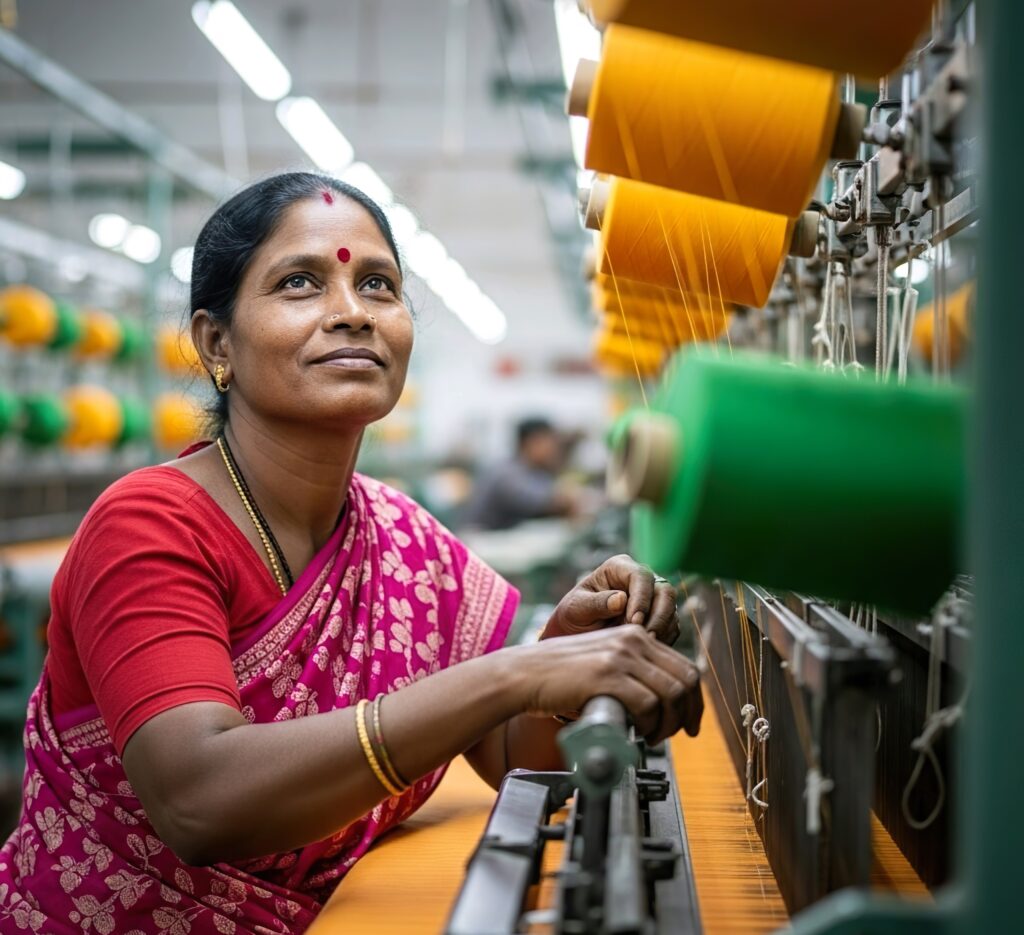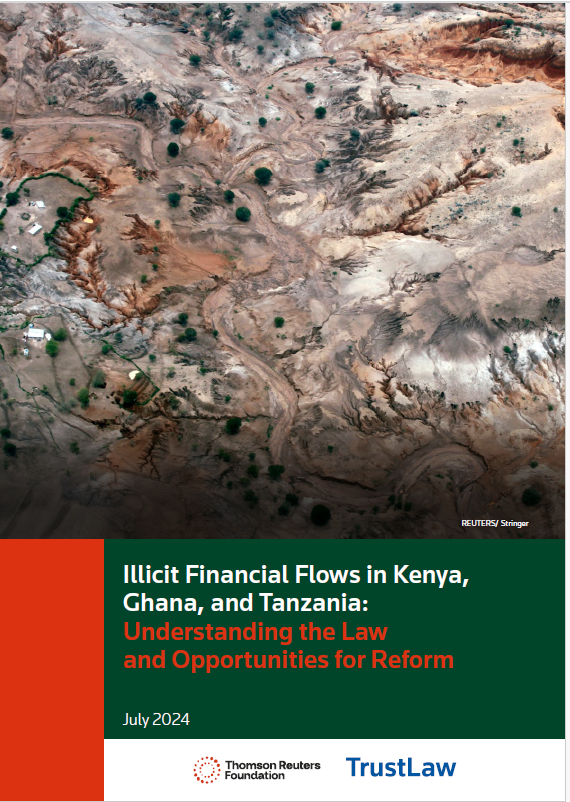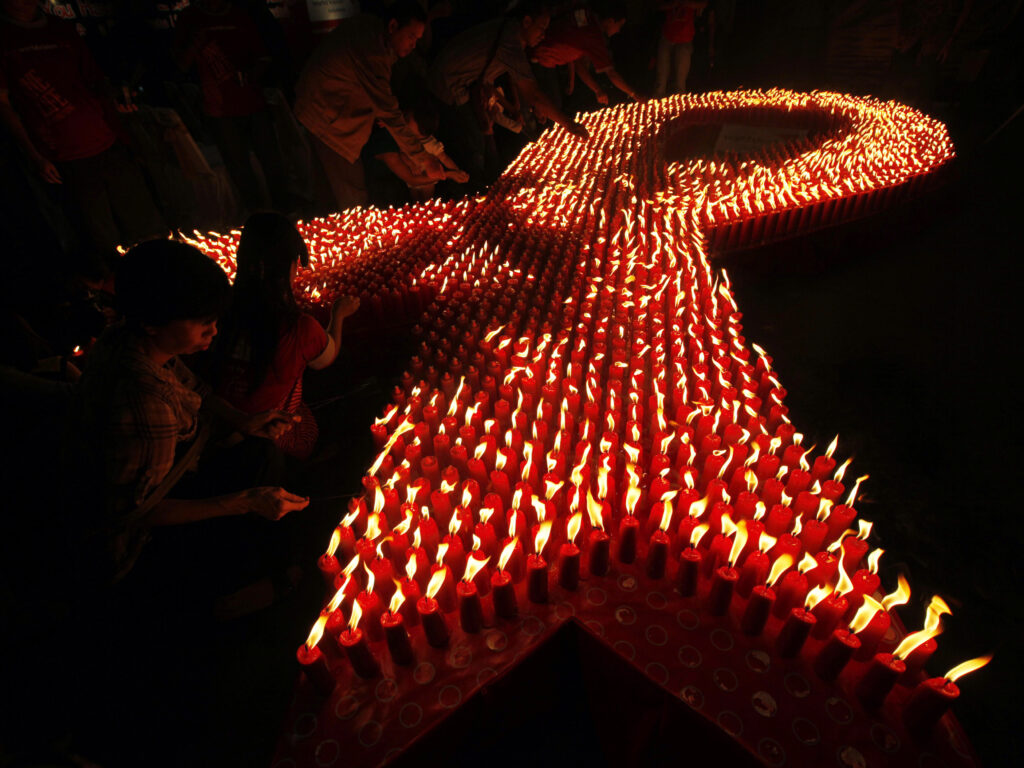
When applied legitimately, defamation laws are intended to protect individuals and businesses against false statements that are harmful to their reputation. Yet both civil and criminal defamation laws have the potential to be misused to prevent open public debate.
This Guide provides journalists with a practical understanding of defamation laws and the steps they can take to mitigate defamation liability in India. This awareness will empower journalists to understand their legal rights and obligations and continue to report on issues of vital public interest. This was produced by the Steering Committee of the Legal Network for Journalists at Risk, namely Committee to Protect Journalists, Media Defence and the Thomson Reuters Foundation.
Related resources
View all
Before You Publish: Europe Legal Pre-Publication Review Guide for Journalists
This guide aims…
Read More
Towards justice: Global challenges and opportunities in litigating cases of female genital mutilation
This legal research – facilitated through our global pro bono network, TrustLaw -…
Read More
Rising Pressure, Rising Needs: A TRF Insights Survey
Our new report profiles the rapidly evolving legal needs…
Read More
Artificial Media, Real Rights: The Impact of Gen AI on Freedom of Expression in Eastern and Southern Africa
The increased use of Generative Artificial Intelligence (GenAI) tools has introduced both…
Read More
Navigating the Just Transition: Context, Conflicts and Company Practice
This report explores how…
Read More
Illicit Financial Flows in Kenya, Ghana, and Tanzania: Understanding the Law and Opportunities for Reform
This report examines the legal and institutional frameworks in Kenya, Ghana, and Tanzania…
Read More
Barriers to Young People’s Access to Healthcare
The report surveys the legal barriers that adolescents…
Read More
Measuring Pro Bono Impact- Spanish
Bienvenidos a la “Guía para medir el impacto del trabajo pro bono”, presentada por…
Read More
Legal analysis of laws, policies and government strategies relating to AI in Kenya, Mauritius, Rwanda, South Sudan, Tanzania, Uganda and Zambia
This report analyses the legal and policy frameworks governing AI across seven countries to explore how these laws and…
Read More
Data frameworks for Responsible AI: legal perspectives from six jurisdictions
With AI…
Read More

